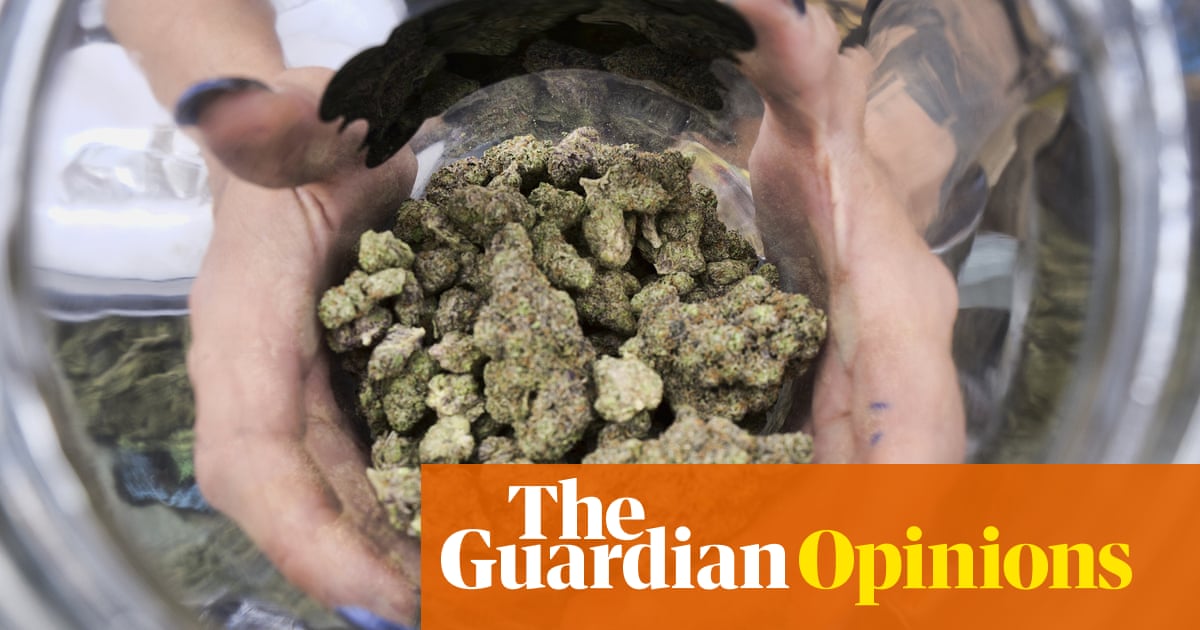
Will began his heroin addiction as a prison inmate: he was 21 years old and behind bars when he first smoked the drug. The story of his life up to that point, and ever since, was one of abandonment and neglect by the state. Naturally bright, he was diagnosed with autism, ADHD and oppositional defiant disorder at an early age, and was excluded from school aged 12. No other schools were willing to take him, concerned as they are about damaging their league table positions, so Will’s formal education ended there and then.
A couple of sessions at the overwhelmed and under-resourced child and adolescent mental health services led nowhere. Later in life, when Will was ready to go to rehab – a big step for a person suffering from drug dependency – he was told he first needed to detox and unless he could afford to go to the Priory (he could not), he would only be eligible for such support if he quit his job and signed on. Left to sink or swim, Will sank, and turned to petty crime to fund his addiction.
“I just think of the wasted years,” says his mother, Pam, her voice cracking with love for her son. “If in the early days of his addiction he could get help, and was able to access rehab and decent, well-funded services, he’d have saved the country so much money in the long run. He wouldn’t have gone to prison: he’s incredibly productive when he’s not using. He’s a grafter, smart, clever.”
Will’s tightly knit friendship group had all been excluded from education, too, and all but one of them suffered from addiction. Some have died; more faceless statistics for society to forget.
Pam is convinced that without the love of his family, her son would be another statistic, one of the record numbers of annual drug deaths for society to occasionally tut at but otherwise ignore. Many drug-dependent people do not have a family safety net (one of Will’s friends slept in a stairwell aged 12, his foster family not bothering to register him as missing).
Johan is another such example: a recovering cocaine user who began self-harming and attempted suicide after being haunted by flashbacks of childhood sexual abuse. “My counselling was state-funded, textbook-style counselling,” he tells me. “They ask a question from a form. Nothing really there for me to use as medicine, so to speak. This isn’t the NHS’s fault by the way. I love the NHS, but they’re crippled.”
His story is like that of many drug users in the UK who have been abused and unloved by their parents, tossed into a society offering judgment and condemnation rather than care and compassion. In the last six years, £26m has been slashed from England’s youth drug and alcohol services. If that doesn’t seem much, bear in mind it’s 37% of an already woefully inadequate budget .
One social worker in north-east England tells me about a father who had stopped using crack for a year and recently rang her, full of distress, after being placed in a recovery group whose members were still using class A drugs. “It’s totally inappropriate for where he is in his recovery,” she tells me. “Sadly, the service that is supposed to help people with recovery does not have the resources for what he needs.”
Many structural problems predate austerity, of course. “It’s not just about funding,” James Nicholls, chief executive of the drug reform charity Transform, tells me. “It’s about the splitting away of mental health services from drug treatment, which has been known about for decades but never resolved.”
What should be treated as a public health emergency is instead dealt with as a criminal disorder. Exactly 50 years since the “war on drugs” was declared, the US has spent over $1tn on the “fight”, with only far higher rates of drug use, addiction and death to show for it. This damaging policy has gifted criminal enterprises a profitable near-monopoly on the drugs trade and destabilised countries from Afghanistan to Mexico.
Like many of his colleagues around the Cabinet table, Boris Johnson has indulged in drug-taking. Yet he enforces the criminalisation of people – disproportionately young black men – for the same offence. This week he opposed the Scottish government’s wishes to open drug consumption rooms. Evidence from Denmark and Canada shows this would save lives, but facts – or indeed human lives – do not seem to matter in this “debate”. Politicians of all stripes know prohibition has failed but fear the wrath of the rightwing media if they say so: like the Labour lord Charlie Falconer, who in 2018 declared “I am sorry for supporting the war on drugs”, and now sits in the shadow cabinet of Keir Starmer. The latter however remains committed to the “war” – and to refusing to disclose whether he has ever taken drugs himself.
But when it comes to drugs, hypocrisy and cowardice – not evidence or human wellbeing – reign supreme. “The government machine keeps getting stuck on drugs policy,” Niamh Eastwood, executive director of the drugs charity Release, tells me. “It’s almost impossible to have a rational conversation.”
Is there any hope that reason could triumph? A recent government-commissioned report by Dame Carol Black – who emphasises deprivation and poverty as key factors behind drug misuse – called for a more health-based approach, emphasising treatment and recovery, and highlighting the corrosive impact of cuts.
Whether this will represent a turn towards an approach centred around public health rather than criminal justice remains to be seen. There is other pressure, too: Transform is leading a campaign to review the punitive 1971 Misuse of Drugs Act, and has secured the support of more than 50 MPs to undertake a root and branch reform of our failed drug laws. But sadly we remain far behind the decriminalisation model pursued by Portugal, which led to a dramatic fall in drug deaths.
Political and media elites have banished reason from drugs policy, condemning our most traumatised citizens to broken lives. A humane approach would be far better for society, and far less costly than treating drug addiction as a criminal disorder. Yet this seems irrelevant to the political consensus, which values moral condemnation over the most rudimentary common sense.
Owen Jones is a Guardian columnist.












